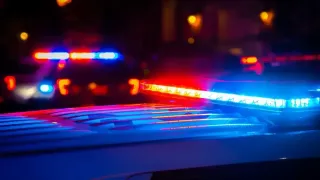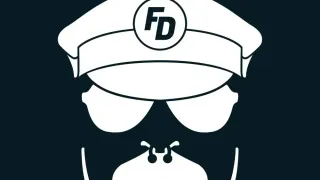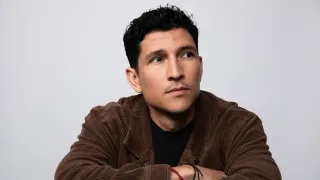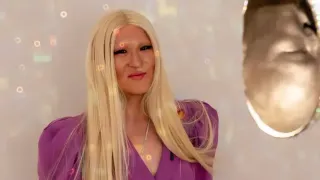July 23, 2016
CA Includes LGBT History in School Curriculum
Matthew S. Bajko READ TIME: 3 MIN.
California's public school children, beginning in the second grade, will now be taught the most LGBT-inclusive curriculum in the country due to revisions made by the state's Board of Education.
At its meeting last Thursday, July 14, the board unanimously voted to update the History-Social Science Framework that sets out what children are to be taught in kindergarten through 12th grade. LGBT subject matter will now be presented in the second, fourth, fifth, eighth, 11th, and 12th grades.
For example, it is now suggested that second-graders learn about lesbian social worker Jane Addams, who in 1931 was the first American woman to win the Nobel Peace Prize.
In fourth grade, under California history, pupils may now learn about Charlie Parkhurst, one of the most famous of the state's stagecoach drivers who lived as a man but was born female, and about the modern gay rights movement, including the election of the late gay San Francisco Supervisor Harvey Milk and the state's role in the fight for marriage rights for same-sex couples.
Eighth grade lesson plans about U.S. history now include references to Native American two-spirits and different beliefs on gender roles. In 11th grade it calls for the inclusion of how LGBT people lived during the Jazz Age of the 1920s, particularly LGBT African-Americans during the Harlem Renaissance, how they were hounded by the government during the Cold War of the 1950s, and were among the leaders of the 1960s civil rights movement, such as Bayard Rustin.
As the Bay Area Reporter noted in a story last July, the LGBT additions to the state's lesson plans on U.S. history is largely due to the work of the Committee on LGBT History, led by San Francisco resident Don Romesburg, a gay man who's department chair and associate professor of women's and gender studies at Sonoma State University.
Beginning in 2013, the committee began working with leaders of the Genders and Sexualities Alliance Network (formerly the Gay Straight Alliance Network) and LGBT historians to push for ways state education officials could implement the Fair, Accurate, Inclusive, and Respectful Education Act adopted in 2011. Authored by gay state Senator Mark Leno (D-San Francisco), the state law requires K-12 history and social science classes to include historical contributions of LGBT and disabled people.
Now that the state education board has approved the committee's suggestions, it is expected its decision will have national impact on what is taught in the country's classrooms.
"The framework is used to generate new curriculum as well as instructional materials and textbooks. That is incredibly important because California is such a large state that textbook providers who write U.S. history for California students are going to be the textbooks used around the country by many students in other states," explained Romesburg in an interview this spring.
The revised framework, added Romesburg, is "by far the most LGBT-inclusive history and social science framework in the United States."
And it should have significant impacts for LGBT students going forward, he argued.
"We know one of the most important things about history education in primary schools and secondary schools is to give all students ways to see themselves in the past so they know their lives and their stories carry forward the legacies of generations that have come before," said Romesburg. "So that means we need to see lesbians of the past, transgender people of the past, bisexuals of the past, and queer people of color of the past."
Rick Zbur, executive director of Equality California, the statewide LGBT advocacy organization that was part of the coalition of groups working on the framework's LGBT revisions, hailed the education board's decision to adopt them in a statement released after the vote.
"LGBT students are frequent targets of bullying and harassment, leading to lower graduation rates, depression and a suicide attempt rate up to four times higher than their non-LGBT peers. An LGBT-inclusive curriculum helps create an environment where all students can thrive," stated Zbur. "And by seeing themselves reflected in lessons and materials, students' experiences are validated and their sense of self�worth reinforced, creating the opportunity for students to be able to achieve academically."






